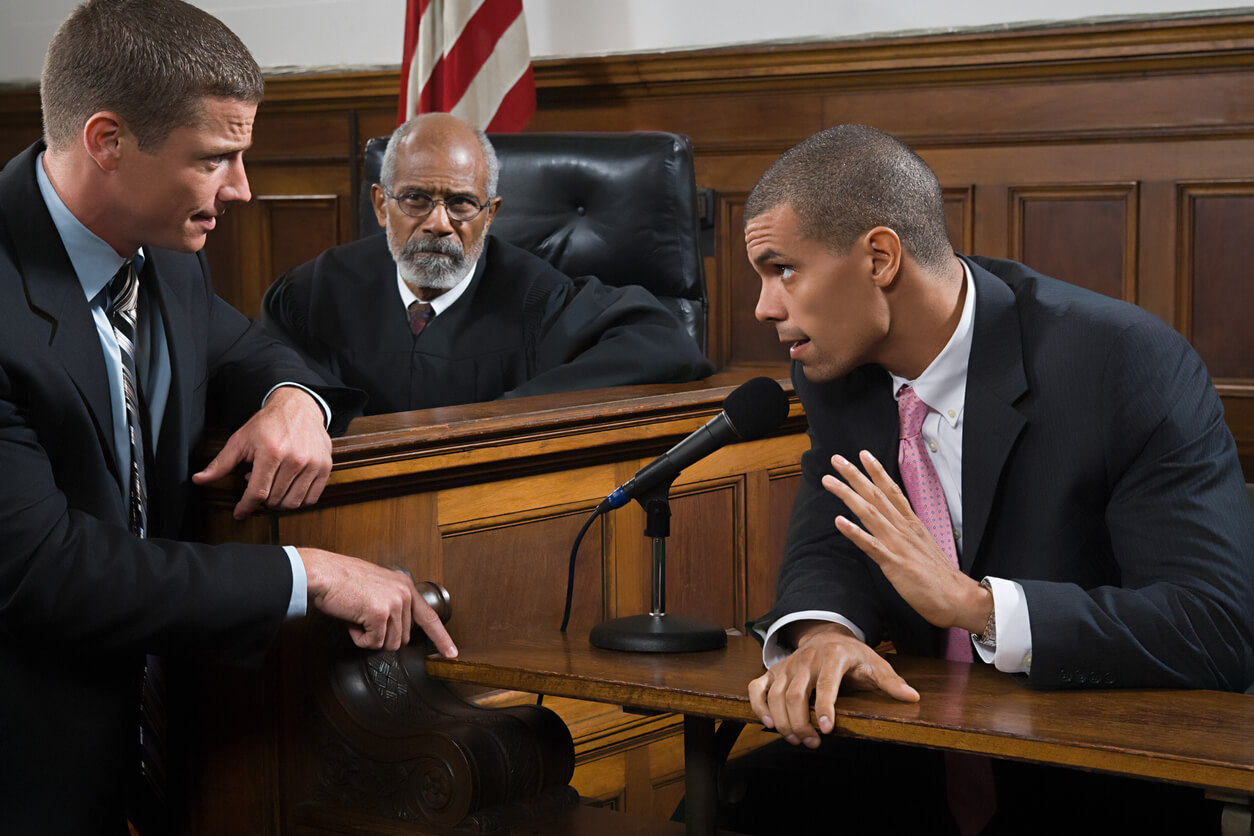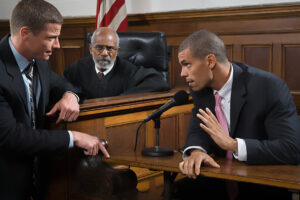What Happens When an Atlanta DUI Attorney Cross Examines a Police Expert Witness?

What Happens When an Atlanta DUI Attorney Cross Examines a Police Expert Witness?
Your Atlanta DUI attorney may enlist expert witness testimony in your case, such as field sobriety testing or scientific issues in relation to it. These experts could give their input on this aspect.
These witnesses take an oath and are required to give truthful testimonies, making them essential components of your defense against DUI charges in Georgia.
1. The Police Officer’s Report
Georgia police officers must write reports following any traffic accident or DUI stop, with reports typically covering five elements: who, what, where, when and why/how. Additionally, reports may also provide professional assessment of fault based on evidence gathered at the scene.
Officers typically provide an account of what led to your arrest by providing testimony that details their observations of you driving and any non-standardized field sobriety tests (touching fingers to nose, counting aloud, hopping or nine step walk and turn). Your lawyer can then challenge this testimony by suggesting it could have been affected by something other than alcohol consumption; such as lack of sleep, poor weather or physical illness.
An expert witness is often brought into a DUI testing case to provide opinions about its scientific aspects, such as how certain medications might impede driving ability. Once again, however, the jury will ultimately decide how much weight their testimony will carry with them in this particular instance.
2. The Police Officer’s Testimony
As soon as your case goes to trial, the prosecution will call witnesses to support its side of the story. These “regular witnesses” usually include those such as an officer who stopped you, any passengers in your car at the time, as well as witnesses from outside who saw what occurred and workers involved with handling evidence against you like lab technicians performing blood, urine and breath tests.
Witnesses to your impairment will give their testimony before a jury. Your attorney can cross-examine them to challenge any false assumptions in their testimony.
Your DUI lawyer may decide to call expert witnesses as well, such as experts in certain fields of DUI law such as machines used for blood and breath testing by police departments and how these machines can be manipulated to produce false positives.
3. The Officer’s Performance on the Standardized Field Sobriety Tests
Officers frequently utilize body or dash cam footage to document encounters between drivers and law enforcement officials. An experienced DUI attorney will examine this footage to assess whether an officer read the driver their Miranda rights prior to administering standard field sobriety tests, and to validate any test results obtained during these assessments. They also look for physical manifestations of impairment like slurred speech and smell of alcohol which could indicate impairment.
Standardized field sobriety tests (SFSTs) are divided attention assessments designed to test balance and coordination. Officers administer three SFSTs when pulling over suspected drunk drivers: horizontal gaze nystagmus test, walk and turn test and one leg stand test.
The HGN test involves involuntary eye jerking that may be amplified by intoxication, while the Walk and Turn Test includes walking heel-to-toe on a straight line, turning around, taking nine steps back towards yourself before repeating this sequence nine more times in each direction. Finally, OLS Testing measures balance and coordination by having suspect stand on one leg with their foot raised six inches off the ground while counting out loud.
4. The Officer’s Behavior
Officers have been trained to look out for certain telltale signs that indicate someone is under the influence of alcohol, drugs or toxic fumes; such as driving with unsafe lane changes and close passing. Also failing to respond appropriately to traffic signals.
Police officers frequently pose incriminating questions to DUI suspects during investigations and arrests. For your own protection, it is advisable to remain silent from the moment an officer approaches your vehicle until you arrive at jail for booking. Even if you do decide to answer questions, do not volunteer information that could compromise your case by volunteering unnecessary details.
An experienced Atlanta DUI lawyer will be able to evaluate every aspect of an officer’s conduct and investigation. An attorney might investigate if your Miranda rights were read out to you as required and whether roadblocks or field sobriety tests were set up according to proper protocol, while also ascertaining whether breathalyzer or urine testing occurred within Georgia’s three-hour window for testing.







